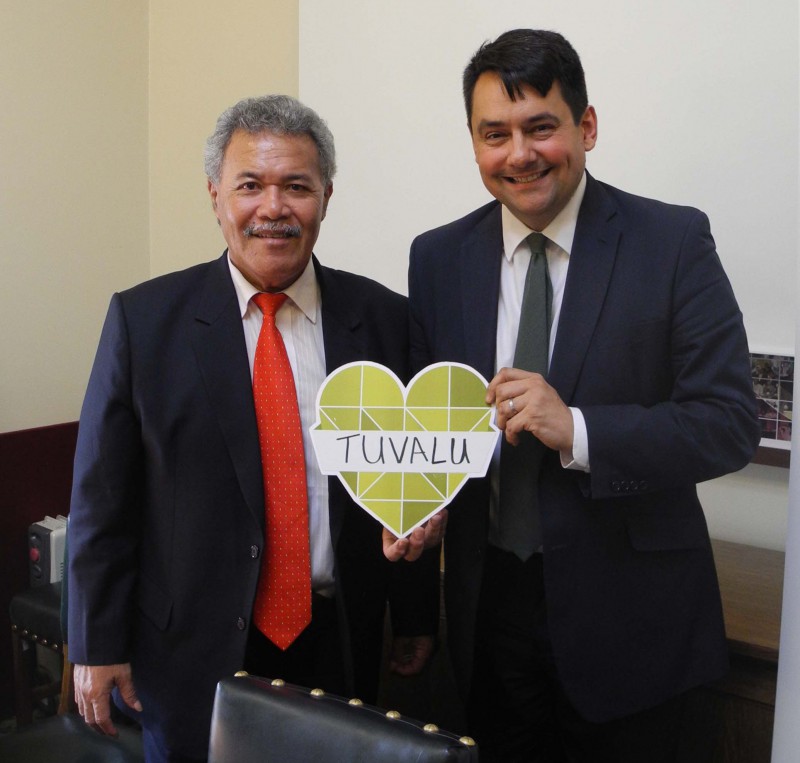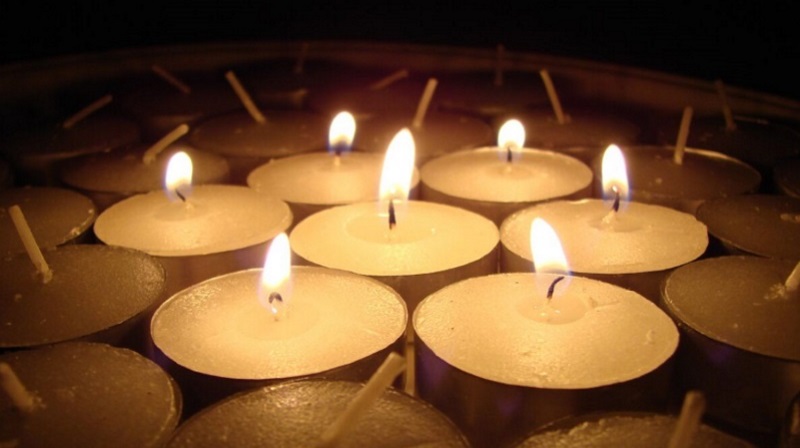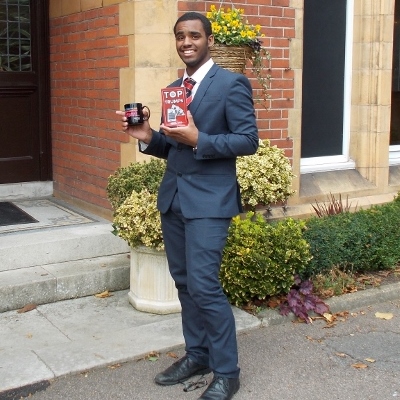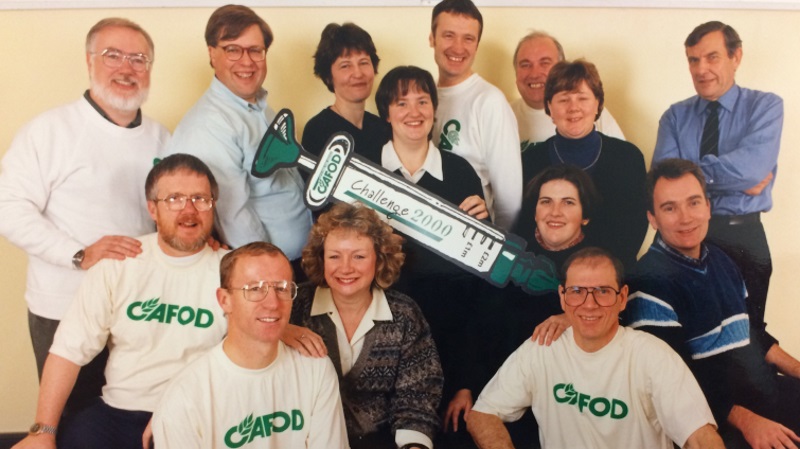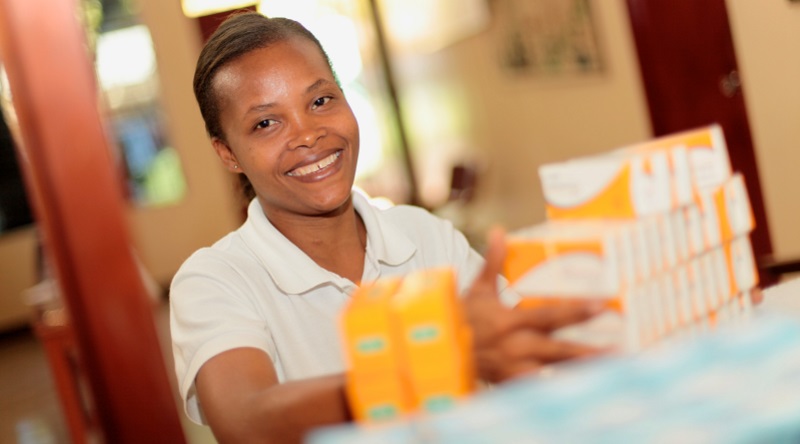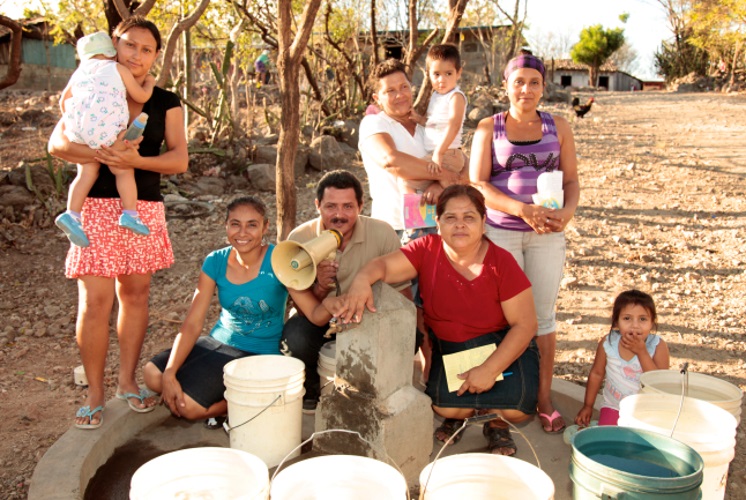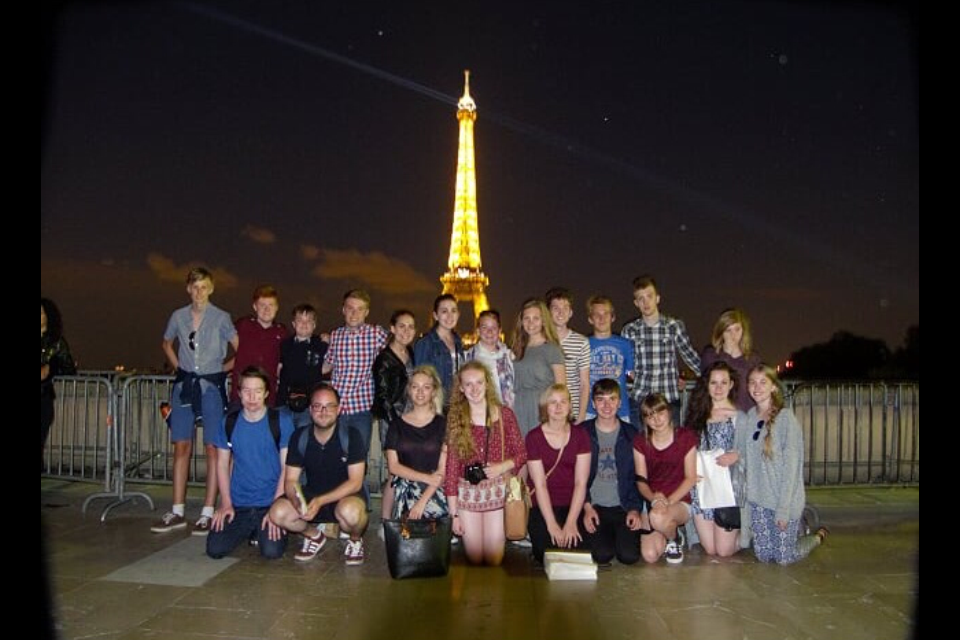Prayer as activism: My response to Laudato Si’
November 5, 2015
Ashley Ralston is a parishioner of Our Lady Queen of Peace, Adur Valley. He was part of a group looking at our new encyclical study guide. Here he shares his insight into being a Catholic activist and the importance of applying the lens of Scritpure to campaigning.
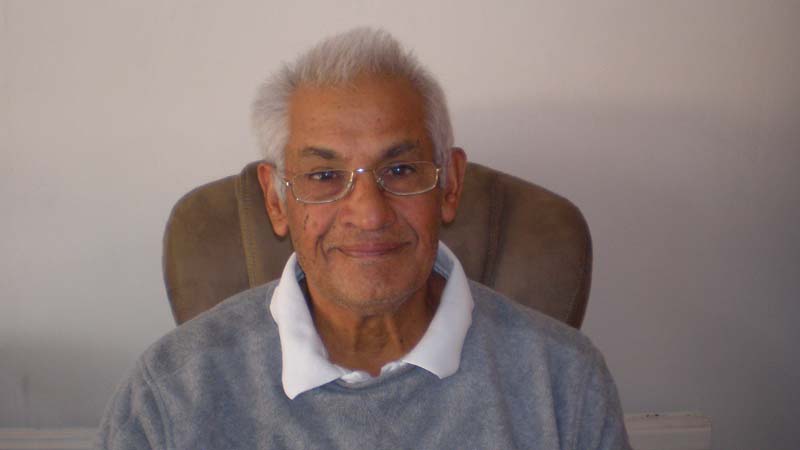
Many years ago, I went to a talk given by the late Gerard Hughes SJ (author of God of Surprises) about putting theology into practice, including the pitfalls that we encounter. For me, as an activist, it proved to be useful, because grounding your issue in sound theology, means the activism itself becomes like a prayer to the supreme Creator. That is doing theology.
So it is with Catholic Social Teaching, from Rerum Novarum to the present time, the theological input underpinning the ‘the sign of the times’ enables us to read our world through the lens of Scripture. Laudato Si’ continues this in a very accessible way.
Download the Laudato Si’ study guide
Continue reading “Prayer as activism: My response to Laudato Si’”

